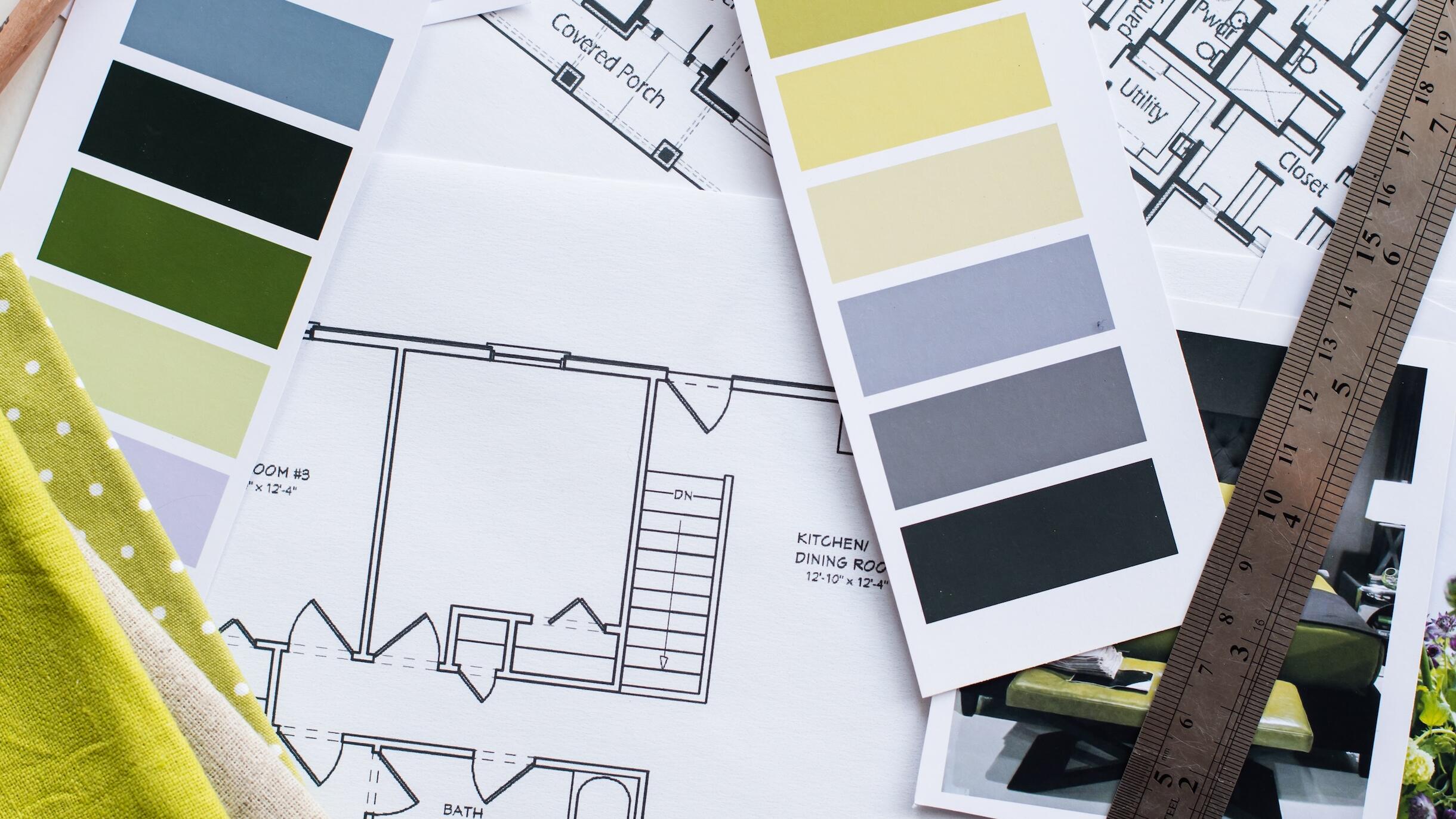Dear Sean,
Launching my own firm in this economy hasn’t gone the way I expected, and I’m considering throwing in the towel. Should I accept a job at someone else’s firm? What does it mean to stay in the industry but not have my own company?
Failure to Launch
Dear Failure to Launch,
Clichés like “save your powder,” “live to fight another day” and “do not chase bad money” are repeated often for a reason. There is no shame in putting yourself out there only to find yourself struggling to land clients. Yes, you can (and should) take a job with another designer who has plenty of work. A few thoughts before you do, though.
First, do not blame the economy or some external force for why you were not able to find the clients you needed to sustain your business. All interior design businesses, no matter how big, are micro-businesses—meaning you only exist to serve those who will ultimately care the most. While the economy as a whole can have an impact, the decision to hire you is almost always entirely related to those in front of you. My guess is that you tried to be everything to everybody, and nobody wanted that. Thank goodness. Now you have an opportunity to discover what it is that you most wish to share, and rebuild your business around the one thing that matters—one client at a time.
Second, if you do join someone else’s firm, do not hide the idea from your future employer that you would like to restart your business one day soon. Think of yourself as a free agent who wants to understand the culture you are joining to help it grow, as well as wanting to better understand your own. If you walk in with your proverbial tail between your legs, who would want this energy for their firm? Failure is just an opportunity to learn; so is humility.
You will be a tremendous asset to whatever firm you join, if—and only if—you approach all those who you work for as your client. Use your voice every day. Fight for what you believe in and then respect the decision that is ultimately made, even if it is not yours. Accommodation, like compromise, is a fool’s errand; then again, my way or the highway is a lonely road. Finding the sweet spot between the two requires developing emotional intelligence, and leaving the industry will make it incredibly challenging to learn the leadership skills you will need to succeed as a designer.
Third, give yourself a deadline to start your business again or to continue as an employee of someone else’s firm. You might discover that working for another designer is incredibly fulfilling. Maybe it is even like running your own business without all of the risk and headaches. Perhaps you will choose to stay. Awesome. The best way to know what you want is to give yourself a deadline—a year or two—and make it very real. Stay or go, and do not delay.
Last, please be curious. Instead of feeling like you couldn’t hack it, ask yourself if you went far enough to matter (you did not). Then ask why not? If you did not have the requisite skills to offer a transformative thought, go learn them. If you allowed yourself to be put in a position to fail, ask yourself why. And, most important, if fear of failure paralyzed you or made you do the “smart” thing (which does not always allow you to manifest your most complete and extraordinary vision), ask whether being on your own is for you.
I have known many designers deep in debt, terrified of what the future may or may not bring, who still manage to sleep like babies every night. There’s nothing like your own business to challenge all that you are, and to bring both huge risks and rewards. If it is not for you, then it is not for you. Let the self-judgment go. Just know that your alternative is not to be a worker bee. Rather, it is to be a champion of culture, even if that culture is not yours.
I’ll leave you with this—I never, ever work as a consultant with a designer who has not fallen down at some point in their career. The reason is simple: If you have never fallen, you cannot really know what it is like to get back up and reach the next level as a result. Now is that time for you, and as painful as it is, it is also a poignant opportunity. Choose to be better tomorrow than you are today, whether on your own or working for another designer, and the rest will take care of itself.
____________
Sean Low is the go-to business coach for interior designers. His clients have included Nate Berkus, Sawyer Berson, Vicente Wolf, Barry Dixon, Kevin Isbell and McGrath II. Low earned his law degree from the University of Pennsylvania, and as founder-president of The Business of Being Creative, he has long consulted for design businesses. In his Business Advice column for BOH, he answers designers’ most pressing questions. Have a dilemma? Send us an email—and don’t worry, we can keep your details anonymous.





























